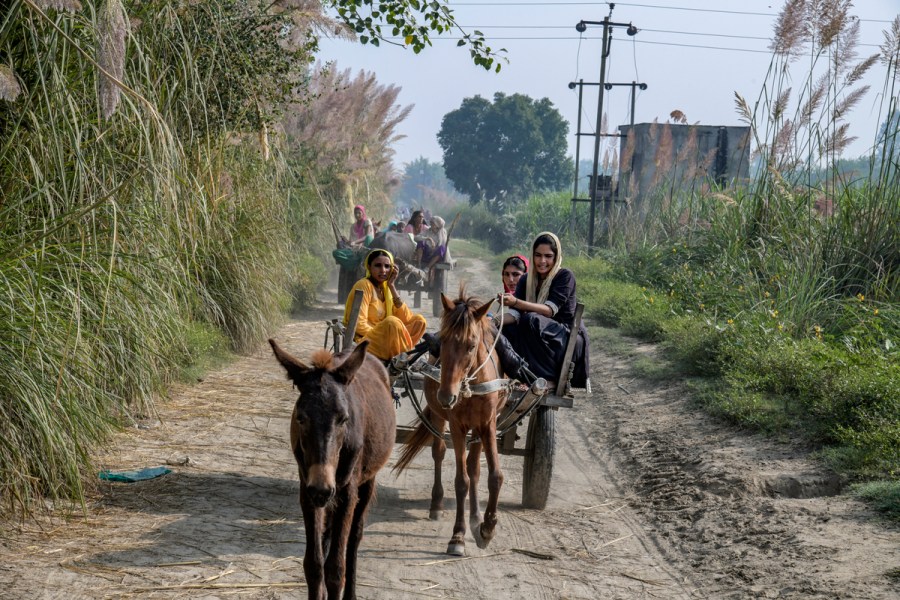Working animal charity Brooke has partnered with University College London (UCL) to produce a photo essay which explores the vital role of working animals for women during disasters.
Donkeys, horses and mules are crucial for women in the community in the recovery process following disasters as they can access affected areas where vehicles can’t. They are often used to evacuate people and transport goods to help rebuild infrastructure and the local economy.
“Working animals and women are often the unsung heroes in disaster-affected communities,” said Gemma Carder, senior manager for global research at Brooke.
“This essay sheds light on their lived experiences and the vital, practical support these animals provide during crisis recovery.
“It’s essential that future disaster risk and resilience policies recognise the gendered realities of emergencies and include working animals in planning and response efforts.”
Planning ahead
Disaster risk management plans are essential to help reduce the effect floods, hurricanes and droughts have on people and animals, particularly in resource-poor areas.
The research forms part of a wider, global project by Brooke and UCL to understand how working animals can help protect communities before and after disasters, and how this may impact a working animal’s welfare.
“It is a privilege to be collaborating with Brooke, seeing how our research helps people and animals most in need,” said Dr Ilan Kelman, professor of disasters and health at UCL.
“Our science and science communication aim to influence policy and action, supporting Brooke partners, not only during times of struggle after a disaster, but also beforehand to help avoid disasters in the first place.”
Brooke’s mission
Brooke, which was founded by Dorothy Brooke in 1934, works with communities, local health providers and policy makers to create a better life for working animals and their owners.
The charity recognises that working animals are an essential part of many communities around the world and without them they would be unable to earn a living, provide food for their families and send their children to school.
Read the full photo essay here.








